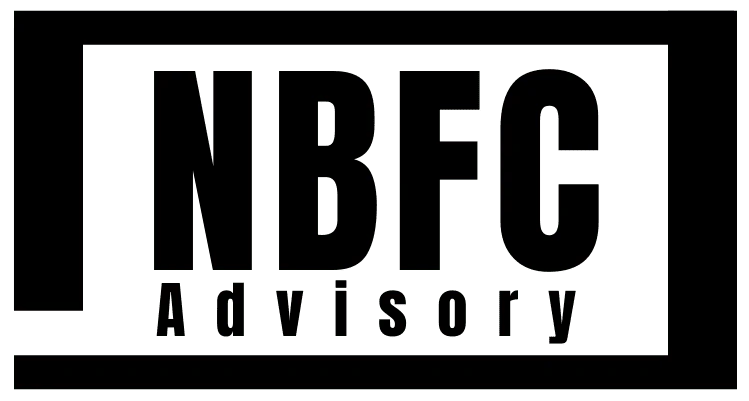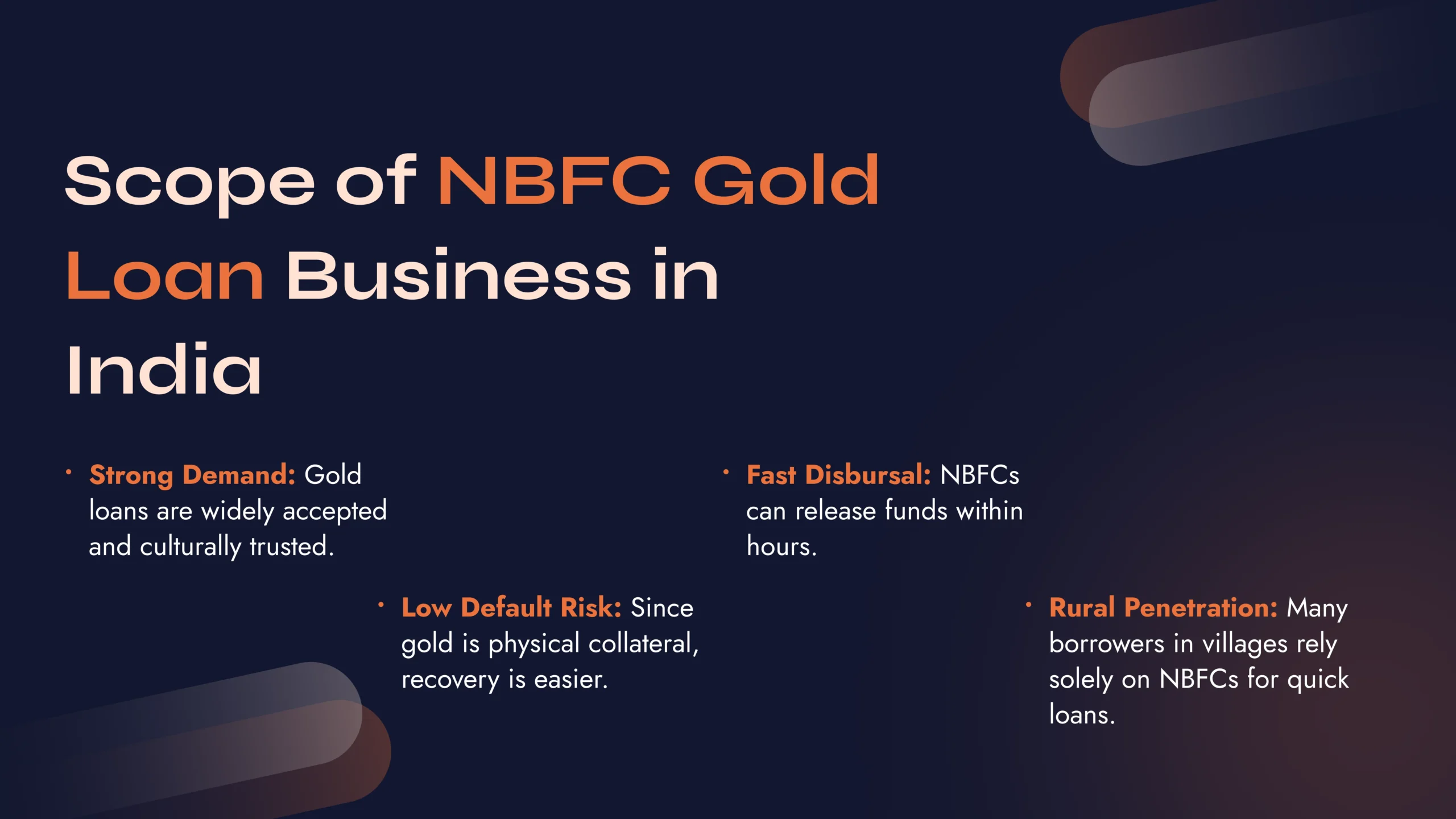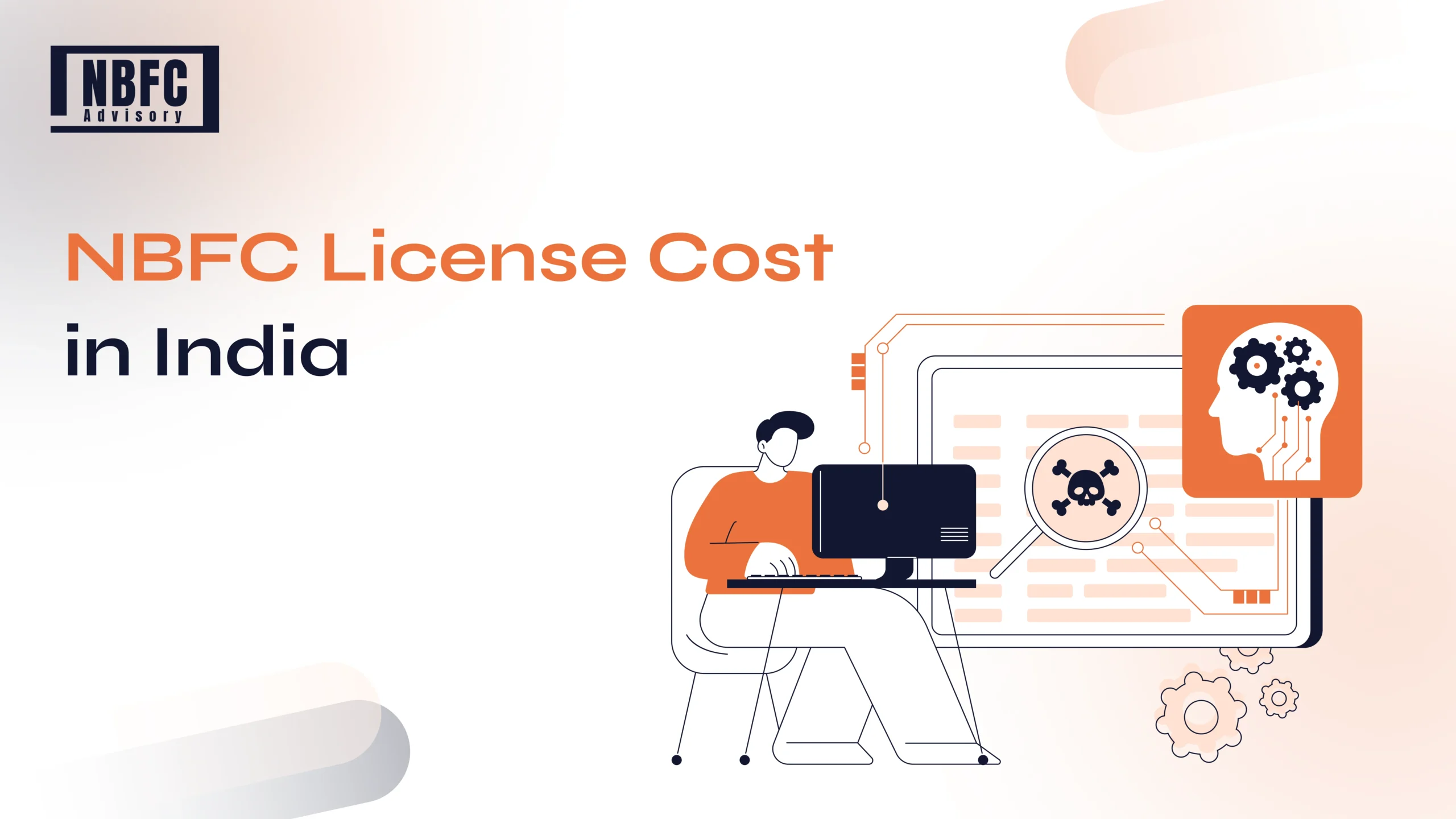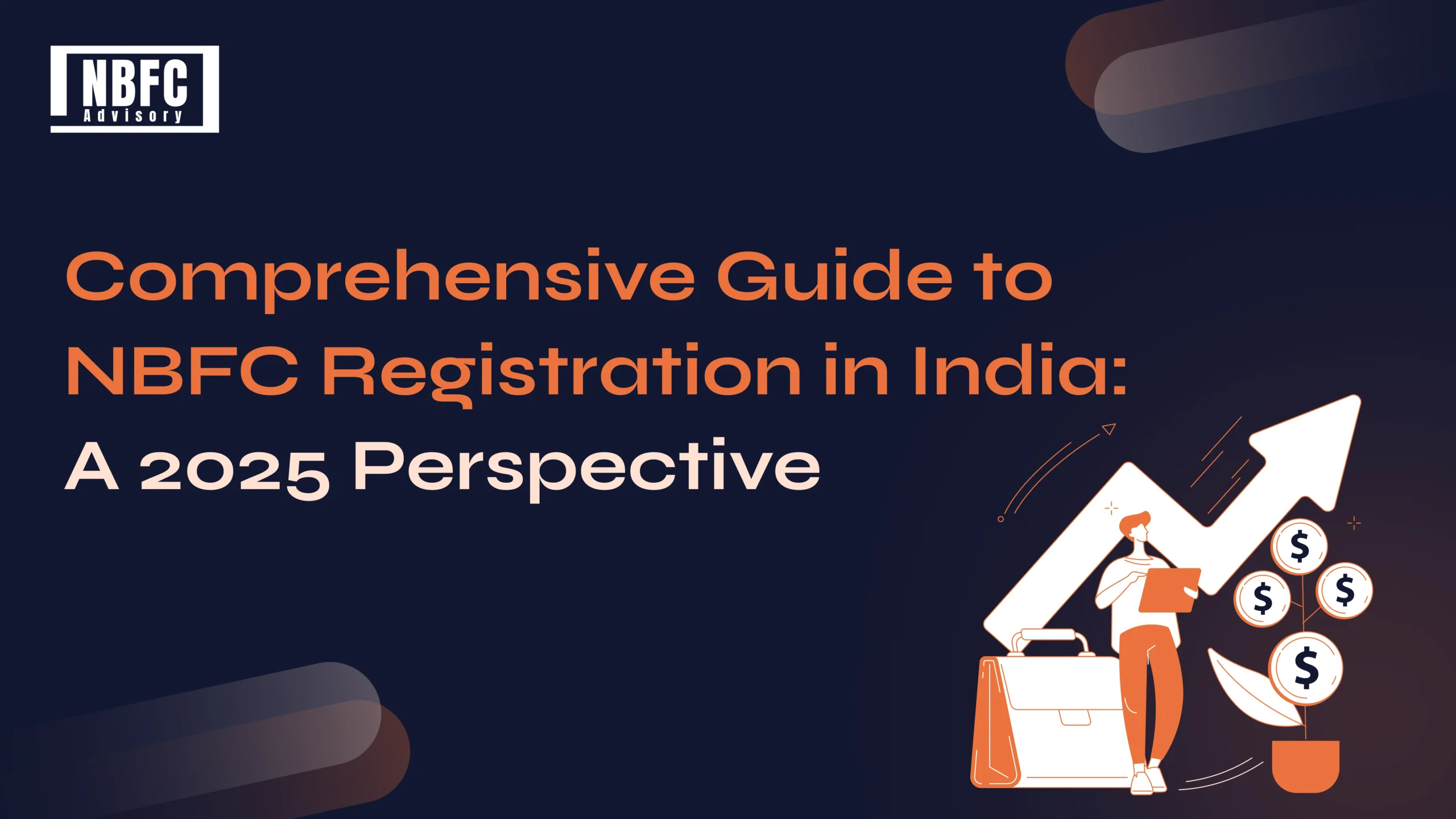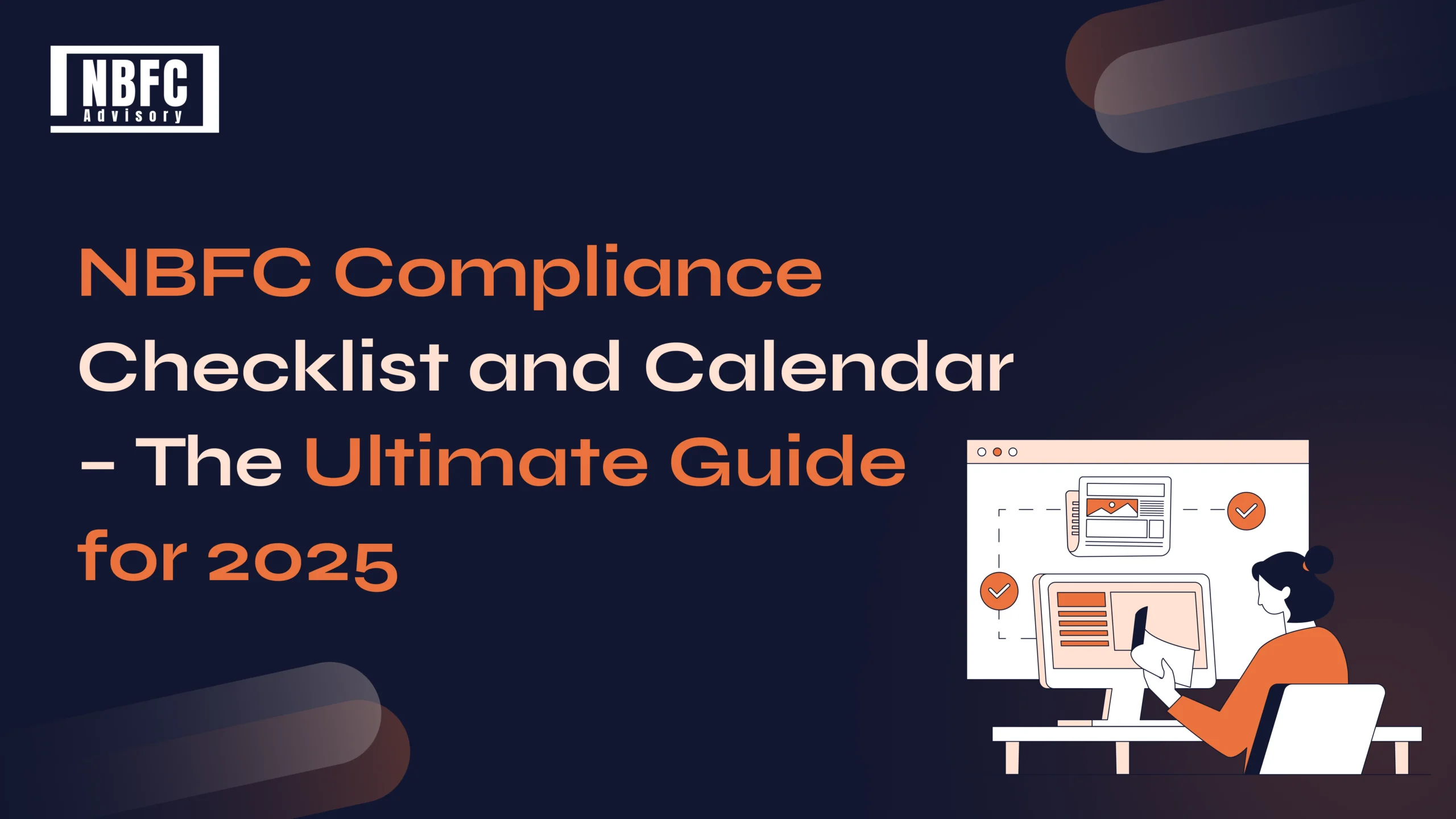Gold has always played a special role in India not just as jewellery but as a financial backbone. When families need quick funds, they don’t rush to sell their gold. They walk into a lender’s office, pledge it, and walk out with money in hand. That’s where NBFCs (Non-Banking Financial Companies) have carved their niche.
Over the years, I’ve worked with dozens of lenders building their NBFC gold loan portfolios. Many of them started small and scaled to hundreds of crores under management. The opportunity is real—but so are the rules. The RBI gold loan framework is clear about who can lend against gold, how valuation works, and what compliance systems are mandatory.
Now, the most common question I get from new clients is this: Do NBFCs need a special gold loan license? The answer isn’t complicated, but it requires understanding how RBI sees gold lending within the broader NBFC ecosystem.
If you’re planning to start or expand an NBFC gold loan business, this article will give you the complete picture—scope, eligibility, RBI compliance, and the right way to build a legal, sustainable model.
In this blog, we explain
- What Is an NBFC Gold Loan?
- Do NBFCs Need a Gold Loan License?
- Scope of NBFC Gold Loan Business in India
- Eligibility Criteria for NBFCs to Offer Gold Loans
- RBI Gold Loan Rules Every NBFC Must Follow
- Compliance Framework for NBFCs
- Challenges in NBFC Gold Loan Operations
- Opportunities and Future Outlook
- Step-by-Step Process to Start Offering Gold Loans
- Conclusion
- FAQs
What is an NBFC Gold Loan?
An NBFC gold loan is a secured loan issued by a non-banking financial company in which customers pledge gold—usually jewellery or coins—as collateral. The NBFC holds the gold safely until repayment. When the borrower clears the full repayment, their gold is returned to them.
This product works best for short-term needs like medical expenses, business working capital, or education fees. It’s fast, simple, and collateral-backed—making it a preferred credit tool in semi-urban and rural markets.
However, it’s also one of the most tightly controlled lending products. The RBI gold loan regulations define the maximum loan-to-value (LTV) ratio, the valuation of gold, and the handling of defaults.
Do NBFCs Need a Gold Loan License?
No, there’s no separate gold loan license issued by the RBI. What an NBFC needs first is a valid NBFC registration under the Reserve Bank of India Act, 1934.
Once that registration is granted, the NBFC can engage in various lending activities, including NBFC gold loan operations. But compliance with the RBI gold loan norms is non-negotiable.
Think of it this way: the NBFC Registration is your base license to lend; the RBI gold loan rules are your guidebook for staying compliant while lending against gold.
Scope of NBFC Gold Loan Business in India
India has over 25,000 tonnes of privately held gold—more than the reserves of most central banks. This creates a massive opportunity for NBFC gold loan providers.
The key advantages:
- Strong Demand: Gold loans are widely accepted and culturally trusted.
- Low Default Risk: Since gold is physical collateral, recovery is easier.
- Fast Disbursal: NBFCs can release funds within hours.
- Rural Penetration: Many borrowers in villages rely solely on NBFCs for quick loans.
With RBI’s regulatory clarity, the growth potential for NBFC gold loan companies remains high, especially for those with robust systems and valid NBFC Registration.
Eligibility Criteria for NBFCs to Offer Gold Loans
If your NBFC plans to enter the gold lending market, ensure you meet the following eligibility norms:
NBFC Registration:
- Register with RBI as a lending NBFC.
- Maintain the minimum Net Owned Fund (NOF) as prescribed (generally ₹2 crore).
Infrastructure:
- Branch network or physical office space for valuation and storage.
- Vaults or safes meeting insurance and security standards.
Qualified Staff:
- Certified gold appraisers to test purity and weight.
- Loan officers trained in RBI gold loan documentation and KYC norms.
Risk Management:
- Constant monitoring of LTV and gold price movements.
- Insurance for stored gold and strong recovery processes.
Meeting these standards isn’t optional. Without a valid NBFC Registration and compliance setup, lending against gold would be considered illegal.
RBI Gold Loan Rules Every NBFC Must Follow
RBI’s gold lending framework ensures customer safety, fair practices, and financial stability. Every NBFC gold loan must follow these directions:
a) Loan-to-Value Ratio (LTV)
- Max LTV: 75% for loans above ₹5 lakh.
- Up to 85% for loans under ₹2.5 lakh.
- LTV is based on the current 22-carat gold rate averaged over 30 days.
b) Valuation & Purity Check
Only bank-issued gold coins or jewellery of standard purity are eligible. The valuation must be documented with details of weight, karat, and deductions.
c) Repayment Terms
- For bullet loans, maximum tenure: 12 months.
- Renewal is allowed only if the borrower clears due interest.
d) KYC & AML Compliance
All NBFC gold loan customers must undergo proper KYC. Suspicious transactions must be reported to the Financial Intelligence Unit (FIU).
e) Auction Process
If the borrower defaults, the NBFC must issue a 30-day notice before auction. After the sale, any surplus must be refunded to the borrower.
f) Record Keeping & Audit
Each gold loan must have a clear audit trail. The gold stock must reconcile with the books daily.
Following these rules is the difference between a compliant NBFC gold loan business and one under regulatory scrutiny.
Compliance Framework for NBFCs
As an advisor, I always tell clients that compliance is not paperwork—it’s protection.
A proper compliance system includes:
- Real-time LTV monitoring.
- Automated alerts for overdue accounts.
- Dual custody of gold keys and stock registers.
- Internal and external audits every quarter.
For NBFCs, compliance is tied directly to the stability of their NBFC Registration. Violations of RBI gold loan norms can lead to penalties or suspension.
Challenges in NBFC Gold Loan Operations
- Gold Price Volatility: Sudden dips in gold prices can breach LTV limits.
- Operational Risks: Theft, fake gold, or valuation errors can cause losses.
- Regulatory Pressure: RBI frequently updates rules, requiring quick adaptation.
- Competition: Banks and fintechs are rapidly expanding gold loan offerings.
- Customer Education: Borrowers often misunderstand repayment or auction terms.
Even with these challenges, disciplined NBFCs can maintain healthy growth with careful compliance and transparency.
Opportunities and Future Outlook
The future for NBFC gold loan companies is bright. Demand for short-term secured credit is growing fast. RBI’s clarity on LTV ratios and valuation standards has improved trust in the system.
New-age NBFCs are adopting digital gold lending—where borrowers can pledge gold and repay via mobile apps. This blend of tradition and technology will define the next phase of growth.
For new entrants, the strategy is simple:
- Get your NBFC Registration right.
- Follow every RBI gold loan guideline.
- Build a transparent and ethical brand.
Step-by-Step Process to Start Offering Gold Loans
Here’s the roadmap I share with clients starting fresh:
- Apply for NBFC Registration with RBI.
- Develop internal gold loan policies (valuation, LTV, auction rules).
- Hire qualified appraisers and compliance staff.
- Secure insurance for stored gold.
- Set up internal audit and MIS systems.
- Pilot operations in select branches.
- Gradually expand, ensuring full compliance.
If done right, your NBFC gold loan operations can scale fast—without regulatory risk.
Conclusion
So yes, NBFCs can offer gold loans in India. You don’t need a separate gold loan license, but you must have valid NBFC Registration and operate under the RBI gold loan guidelines.
The gold loan market is huge, but only compliant and ethical lenders will succeed long-term. In my experience, NBFCs that prioritize customer trust, clean documentation, and daily reconciliation rarely face regulatory issues.
Remember—gold loans aren’t just a product; they’re a responsibility. You’re dealing with a customer’s most valued asset. Handle it with care, follow every rule, and your NBFC will earn both profits and reputation.
Connect with an Expert for any inquiry.
📞 Call NBFC Advisory: +91 93287 18979
🌐 Visit: nbfcadvisory.com
Frequently Asked Questions (FAQs)
1. Can NBFCs legally offer gold loans in India?
Yes. NBFCs can offer gold loans if they hold a valid NBFC Registration from RBI and follow the RBI gold loan guidelines.
2. Is there a separate gold loan license for NBFCs?
No. There’s no independent gold loan license. A registered NBFC can lend against gold under RBI’s norms.
3. What is the maximum LTV allowed for NBFC gold loans?
RBI allows up to 75% LTV for large loans and up to 85% for smaller loans (below ₹2.5 lakh).
4. What documents are required for a gold loan?
Valid ID proof, address proof, gold valuation report, and a signed pledge agreement are mandatory.
5. What happens if the borrower doesn’t repay?
The NBFC must issue a notice, conduct a transparent auction, and refund any surplus after recovery.
6. How long does it take to get an NBFC Registration?
The RBI process usually takes 3–6 months, depending on documentation and review.
7. Are NBFCs required to insure the pledged gold?
Yes. Every NBFC gold loan provider must insure gold stored in its vaults against theft, fire, or natural damage.
8. Can a newly registered NBFC immediately start offering gold loans?
Yes, once NBFC Registration is approved and compliance systems are in place, the NBFC can start gold lending operations.
